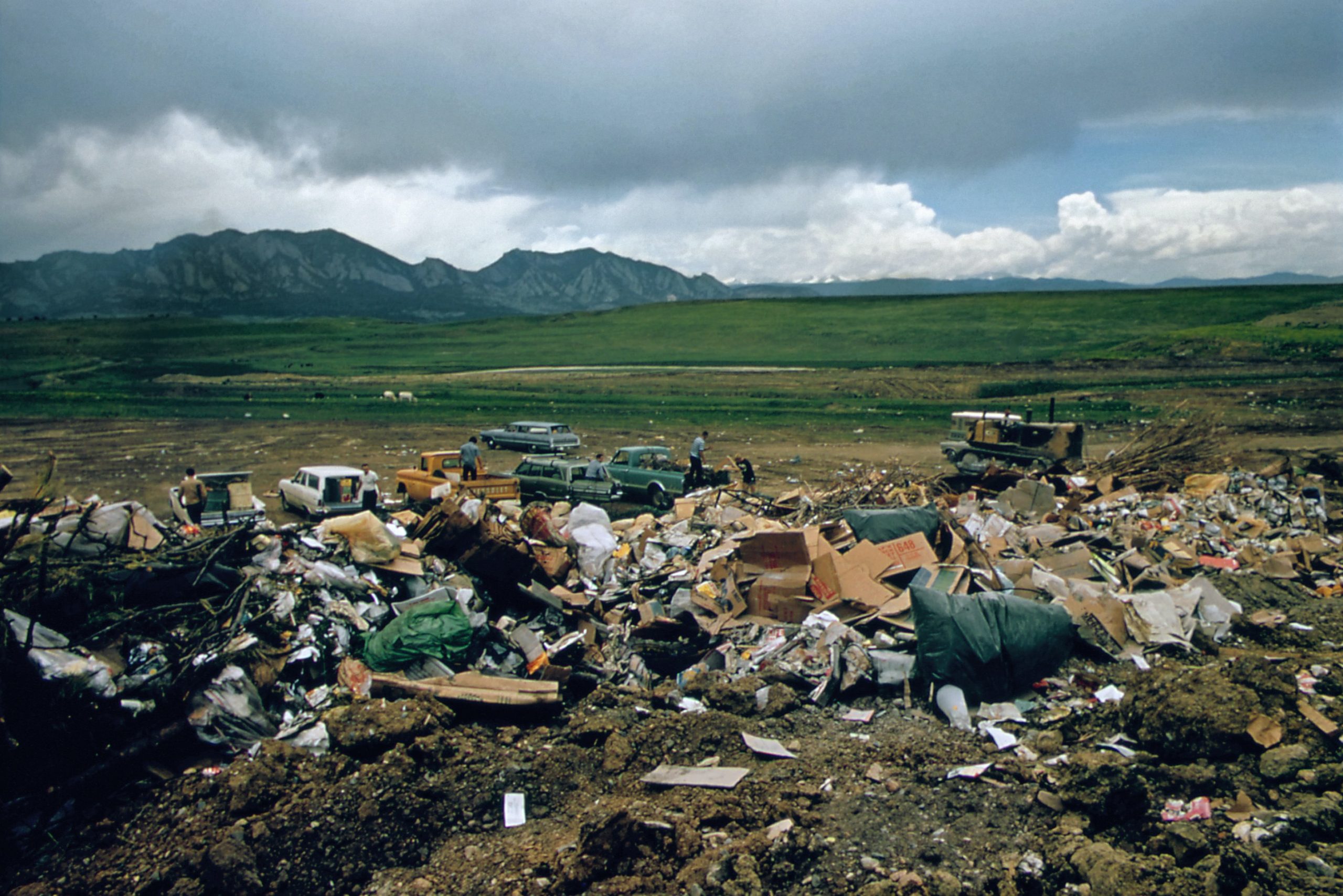Waste Management is the most critical issue every nation in this world is facing. Also, India one of the world’s most populous nations, faces a monumental challenge in dealing with its mounting landfill crisis. Over the years, the accumulation of waste has become a pressing concern, jeopardizing public health, the environment, and the overall quality of life. To address this crisis, India has embarked on a comprehensive plan to clear its landfills and transition towards sustainable waste management practices. In this article, we will delve into the strategies and initiatives that India is pursuing to tackle its landfill problem and pave the way for a cleaner, greener future.
1. Swachh Bharat Abhiyan
The Swachh Bharat Abhiyan, launched in 2014, is India’s flagship cleanliness and sanitation initiative. Its primary goal is to eliminate open defecation and improve solid waste management across the country. This initiative has been instrumental in raising awareness about the importance of clean surroundings and has led to the construction of millions of toilets and waste management facilities. By promoting sanitation and hygiene, Swachh Bharat Abhiyan has taken a significant step toward reducing the amount of waste that ends up in landfills.
2. Waste Segregation at Source
One of the critical aspects of India’s landfill clearance plan is waste segregation at the source. This process involves categorizing waste into biodegradable and non-biodegradable materials, making it easier to manage and recycle. Several Indian cities have implemented strict waste segregation policies, encouraging residents to separate their household waste before disposal. By reducing the volume of mixed waste, this initiative minimizes the strain on landfills and facilitates the recycling process.
3. Recycling and Resource Recovery
India is increasingly emphasizing recycling and resource recovery as essential components of its waste management strategy. Recycling not only conserves resources but also reduces the need for landfills. Various organizations and startups are working tirelessly to establish recycling facilities across the country, focusing on materials like plastic, paper, glass, and metal. Through these efforts, India aims to divert a significant portion of recyclable waste away from landfills.
4. Composting
Composting organic waste is another key approach to alleviating landfill stress. India generates a substantial amount of organic waste, such as kitchen scraps and garden debris. By encouraging composting at the household and community levels, the country can transform this organic waste into valuable compost that enriches soil quality and reduces the need for chemical fertilizers. Composting not only clears landfills but also promotes sustainable agriculture practices.
5. Waste-to-Energy Projects
Waste-to-energy (WTE) projects have gained momentum in India as a way to manage non-recyclable waste. These projects involve converting solid waste into electricity or heat energy through various technologies such as incineration and gasification. While implementing WTE facilities, India is committed to adhering to stringent environmental standards to minimize the emissions of pollutants and greenhouse gases. By harnessing the energy potential of waste, India can reduce the volume of waste destined for landfills while simultaneously producing clean energy.
6. Extended Producer Responsibility (EPR)
To address the root causes of waste generation, India has introduced Extended Producer Responsibility (EPR) regulations. These regulations hold manufacturers responsible for the entire lifecycle of their products, including their disposal. Manufacturers are now required to take back and recycle their products, encouraging them to adopt eco-friendly designs and materials. EPR is a significant step toward reducing the burden on landfills by tackling waste generation at its source.
7. Integrated Waste Management Facilities
India is investing in state-of-the-art integrated waste management facilities that incorporate modern technology for waste processing and disposal. These facilities are equipped to handle various types of waste efficiently, including hazardous materials. By centralizing waste management, India aims to minimize the number of landfills and ensure that those remaining are used more sustainably.
8. Public Awareness and Education
Raising public awareness and educating citizens about the importance of responsible waste management is an ongoing effort. India has launched campaigns and initiatives to inform people about waste segregation, recycling, and composting. Engaging citizens in these activities not only helps clear landfills but also fosters a culture of environmental responsibility.
India’s ambitious plan to clear its landfills and promote sustainable waste management reflects its commitment to safeguarding the environment and improving the quality of life for its citizens. Through initiatives like Swachh Bharat Abhiyan, waste segregation at source, recycling, composting, waste-to-energy projects, EPR regulations, integrated waste management facilities, and public education, India is taking significant strides toward a landfill-free future. While the journey may be challenging, the nation’s determination to overcome its landfill crisis and embrace sustainable waste management practices is a testament to its dedication to a cleaner, greener tomorrow. Multiple startups are emerging and generating revenew with modern waste management techniques. Waste management industy has a huge scope of expansion and contibutuing in country’s GDP.



